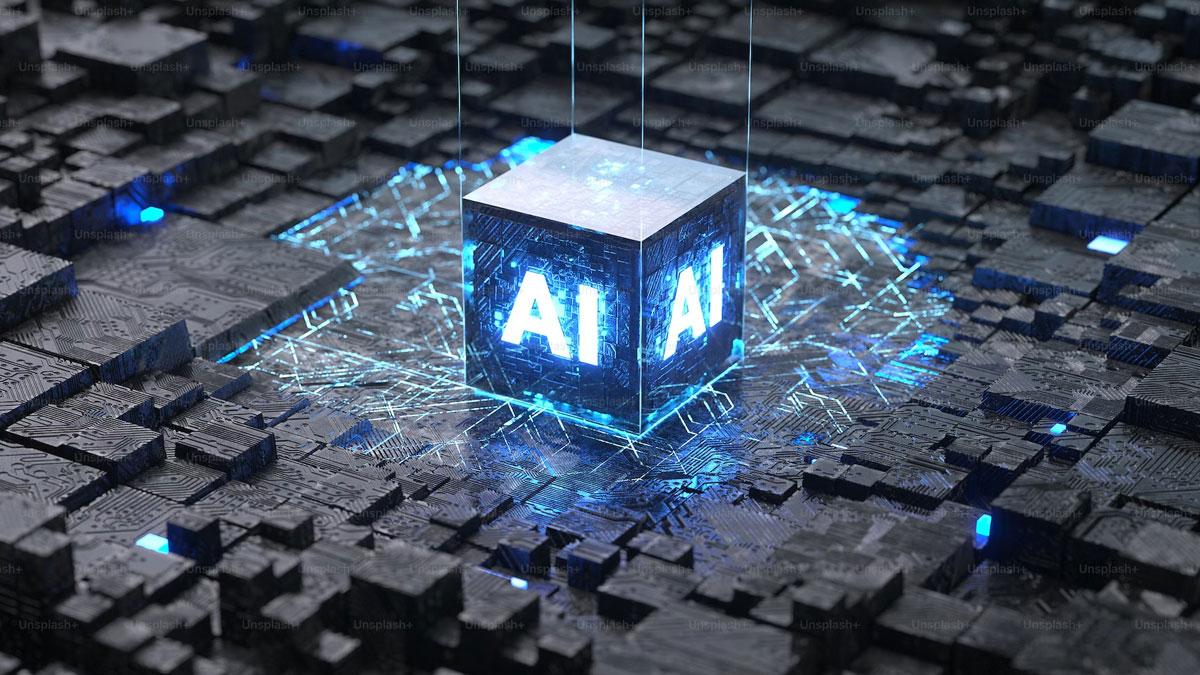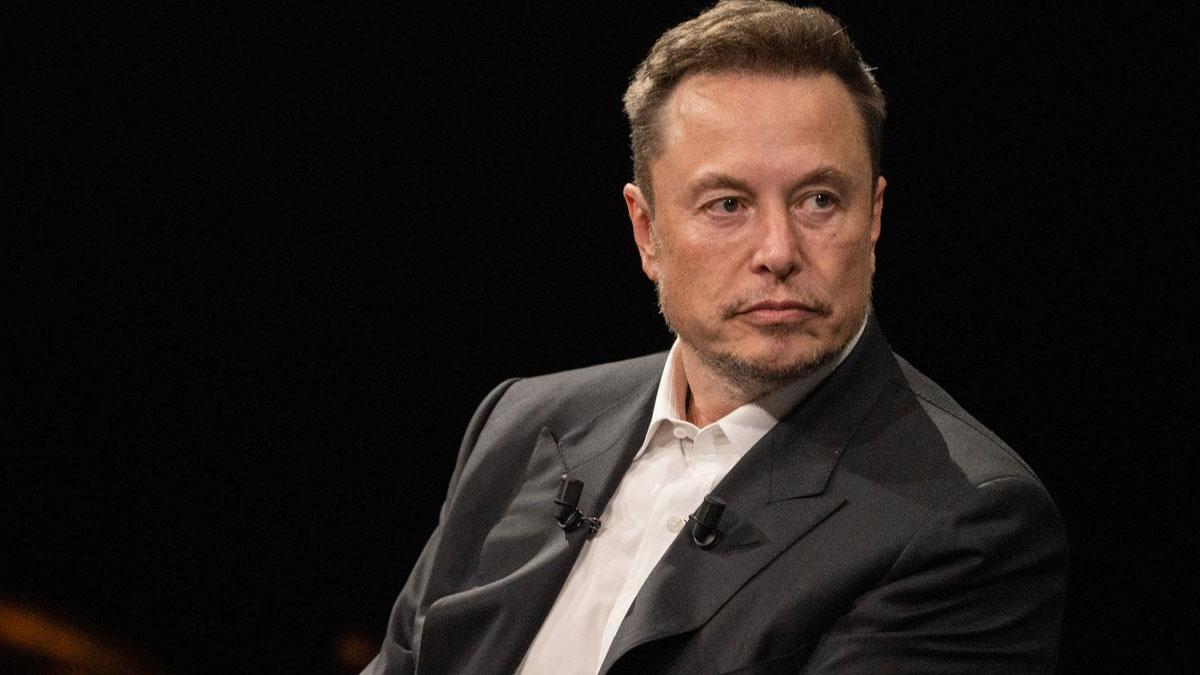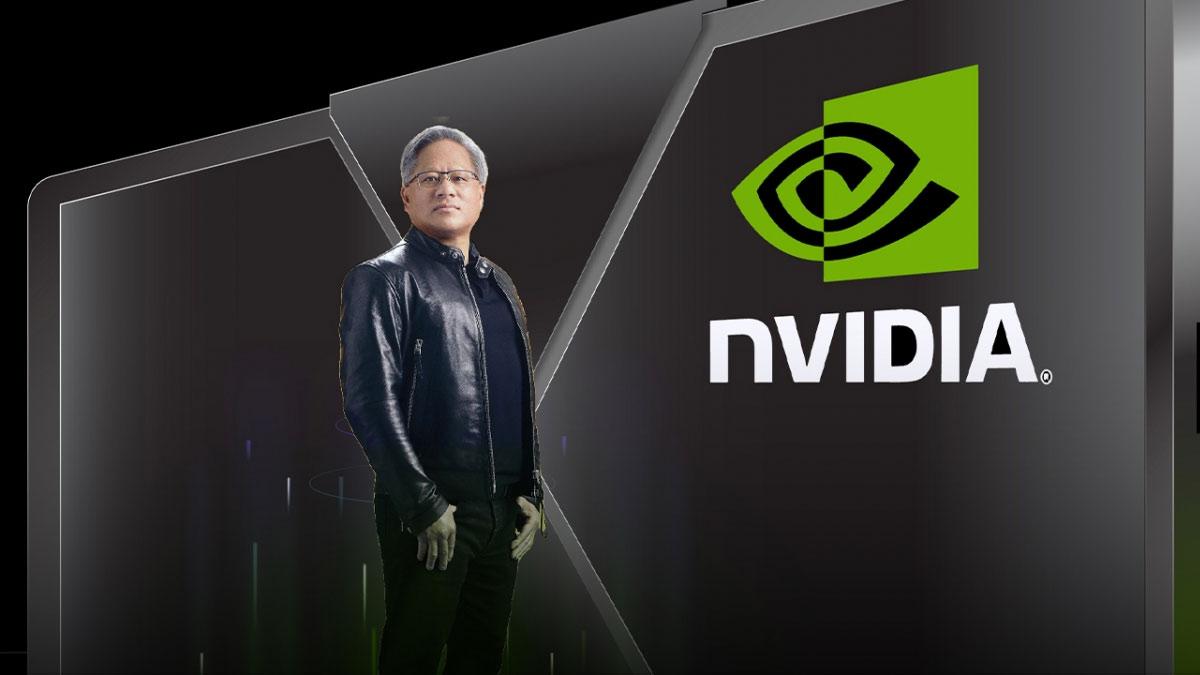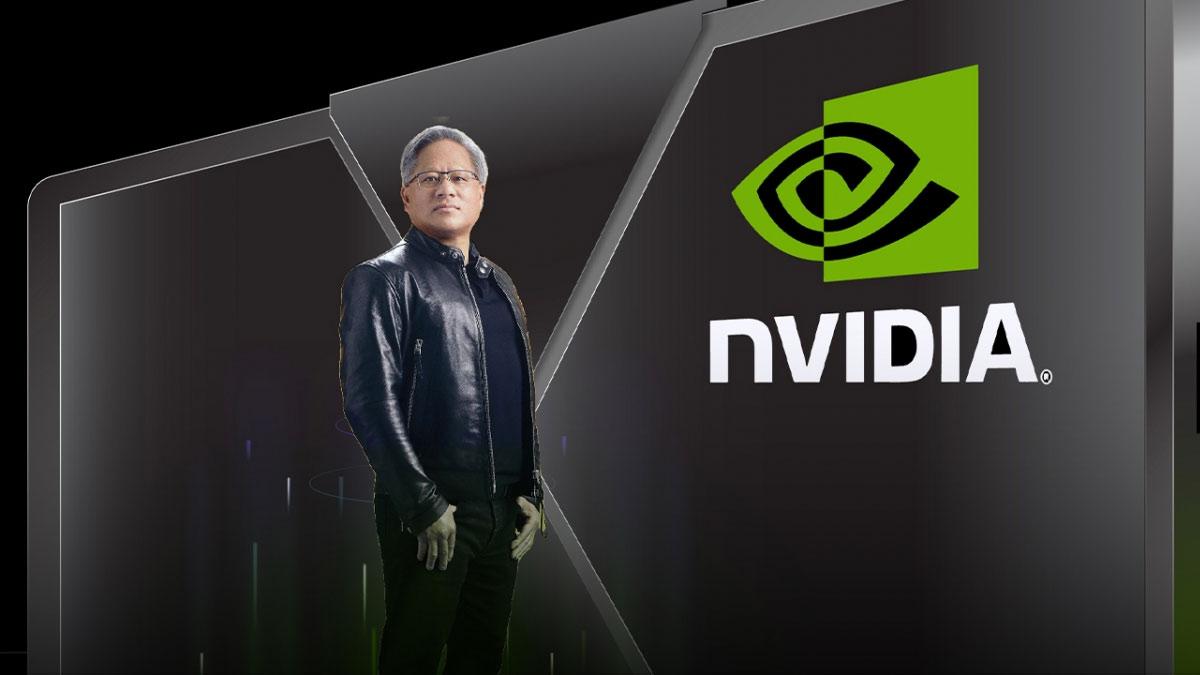Engineers from Columbia University in the United States have developed a groundbreaking artificial intelligence (AI) system that challenges a long-standing belief in forensics – the idea that fingerprints from different fingers of the same person are entirely unique. Contrary to this widely accepted presumption, the team, led by Columbia Engineering undergraduate senior Gabe Guo, found that fingerprints from different fingers of the same individual are similar, and we've been comparing them incorrectly.
Guo, with no prior forensics knowledge, discovered a public US government database containing around 60,000 fingerprints. Using pairs of fingerprints, some from the same person (but different fingers) and others from different people, the team employed an AI-based system known as a deep contrastive network. Over time, the modified AI system improved at discerning when ostensibly unique fingerprints belonged to the same person, achieving an accuracy of 77% for a single pair. With multiple pairs, the accuracy significantly increased, potentially enhancing current forensic efficiency by more than tenfold.
Interestingly, the AI system did not rely on the traditional minutiae, such as branchings and endpoints in fingerprint ridges, for comparison. Instead, it focused on other features related to the angles and curvatures of the swirls and loops in the center of the fingerprint.
Published in Science Advances, this collaborative project between Hod Lipson's Creative Machines lab at Columbia Engineering and Wenyao Xu's Embedded Sensors and Computing lab at the University at Buffalo, SUNY, has opened new possibilities in forensic science. Although the AI system's accuracy is not currently sufficient for making official case decisions, it can assist in prioritizing leads in ambiguous situations.
Columbia Engineering senior Aniv Ray sees these results as just the beginning, envisioning even greater performance as the AI system is trained on millions, rather than thousands, of fingerprints. Hod Lipson, head of the Creative Machines lab, emphasized that this discovery is only a glimpse of the surprising advancements AI has in store for the future.
(With Agency Inputs)
ALSO READ | Samsung Galaxy Watch6 Series Introduces BP and ECG Tracking Features in India
ALSO READ | Google Grants Extended Period for Pilot Real-Money Gaming Apps in India


















